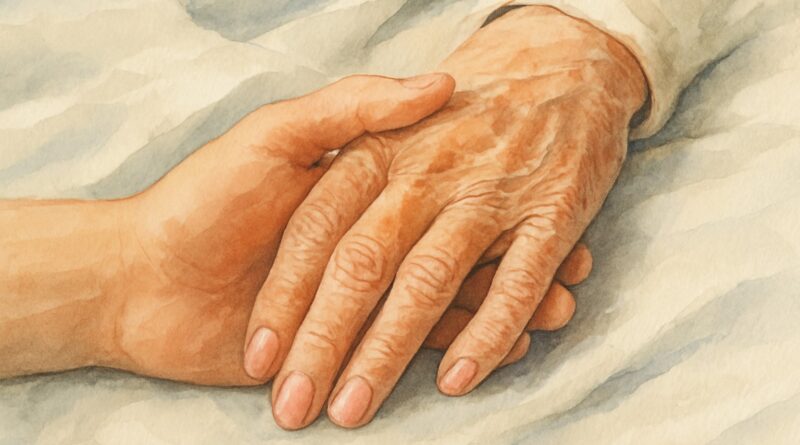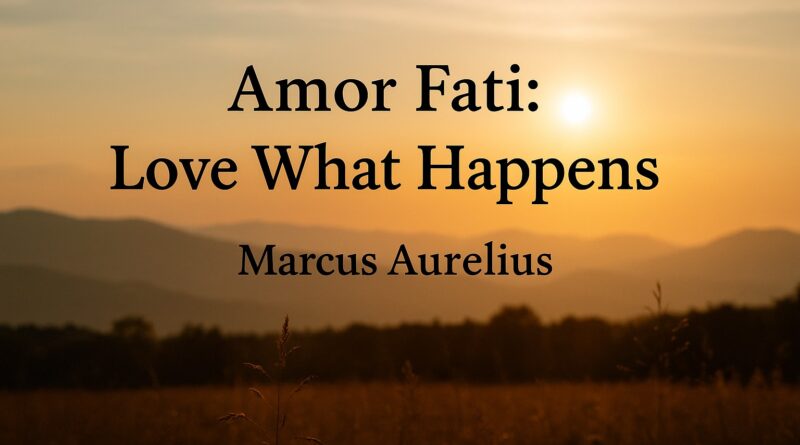Looking Back at 2025: A Year of Loss, Resolve, and Reckoning
At 66, I did not expect 2025 to take as much as it did. My mother died. I lost my job. Certain illusions about stability quietly disappeared. It was not a year of fireworks or easy victories. It was a year of subtraction. And yet, beneath the loss, something steadier emerged: clarity. About health. About purpose. About what still matters when titles and timelines fall away.
If 2025 was the year of endurance, 2026 must be the year of intention. Fewer illusions. More intention. The road continues. In this year-end reflection, I write honestly about grief, layoffs, aging, civic resolve, and the discipline of choosing steadiness anyway. I hope you’ll read the full piece and walk a little of that road with me.











